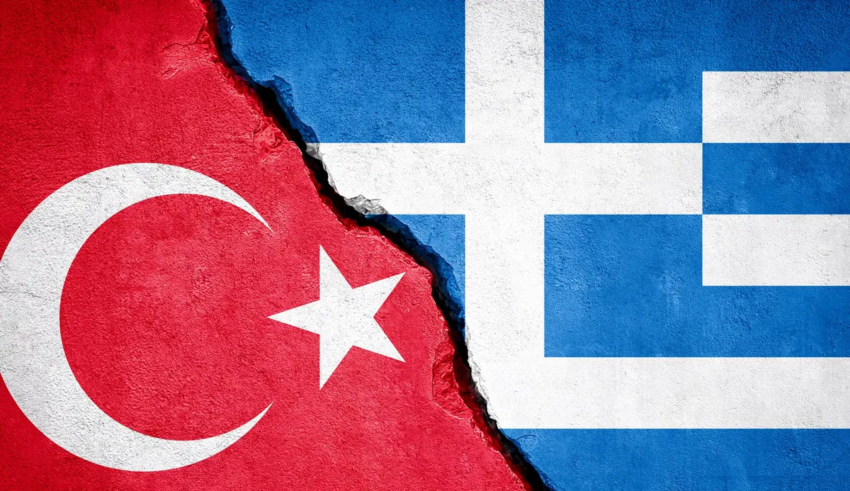
The decades-long feud between Greece and Turkey has intensified in the last few months with the two countries exchanging accusations of unnecessary aggression and calling for intervention from the international community. The issue at the heart of the latest escalation is the long-standing dispute over territorial claims to the islands in the Aegean Sea. The status of the islands was settled in treaties adopted after World War I, which granted sovereignty to Greece but stipulated that they were to remain demilitarized. Turkey argues that Athens’ stationing of military forces on the islands is in violation of these treaties, and consequently has called Greece’s sovereignty over them into question. Turkish President Recep Tayyip Erdogan has repeatedly hinted that Turkey is prepared to respond to the threat posed by Greece’s militarization of the islands and continues to reject the possibility of diplomatic talks. In response, Greece has accused Turkey of conducting illegal military operations in the Aegean Sea and the airspace above the islands and says it’s only protecting its people from the growing Turkish military threat.
During a heated exchange that took place after the inaugural meeting of the European Political Community in Prague last week, Erdogan blamed Athens for raising tensions in the region with provocative actions. Greece’s Prime Minister, Kyriakos Mitsotakis, responded in turn that Turkey must stop questioning Greece’s sovereignty and should refrain from extreme rhetoric. Mitsotakis also reiterated an appeal for the two countries to engage in dialogue “as responsible leaders do,” to which Erdogan reportedly said, “Their entire policy is based on lies, they are not honest. We have nothing to discuss with Greece.”
While Greece and Turkey have a historically contentious relationship, several factors could mean the heightened tensions are unlikely to settle down anytime soon. First, Greece has closed its military gap with Turkey in the last few years. This could embolden Athens to take a stronger stance against Ankara’s threats. Second, both Erdogan and Mitsotakis are facing difficult re-elections next year, and the latest escalation could offer an opportunity to advance national interests in the region and drum up domestic support. Finally, while Athens and Ankara’s contentious relationship has brought them to the brink of war several times in the last half-century, international actors have stepped in to deescalate past disputes. Both Turkey and Greece have submitted formal complaints over the others’ recent actions and rhetoric involving the Aegean islands to the international community, including to the European Union and NATO, since the beginning of the year. But the interlocutors responsible for defusing tensions in the past, namely the United States and European leaders, are focused on the war in Ukraine. Indeed, in Washington at least there does not appear to be a dedicated effort to help manage relations between the two countries as there has been during previous rows.
Consequently, with both countries on relatively even footing militarily, both leaders in need of a boost in domestic support (like that which can follow a crisis), and would-be mediators focused elsewhere, neither Greece nor Turkey appear to be ready to back down. But this does not necessarily mean that serious further escalation is on the horizon. Erdogan is known for his pragmatism, and at the moment Turkey is already facing a multitude of geopolitical challenges from other sources including irregular migration from the Syrian civil war, the exportation of security threats from Iraq and Iran, and diplomatic disputes with Egypt to name a few. Erdogan cannot afford to add the European Union sanctions that would inevitably follow an escalation with Greece to this list heading into next year. Thus, posturing on both sides is expected to continue, but a major intensification may not be as likely as Erdogan’s rhetoric would have Athens believe.
By The European Institute for International Law and International Relations.














